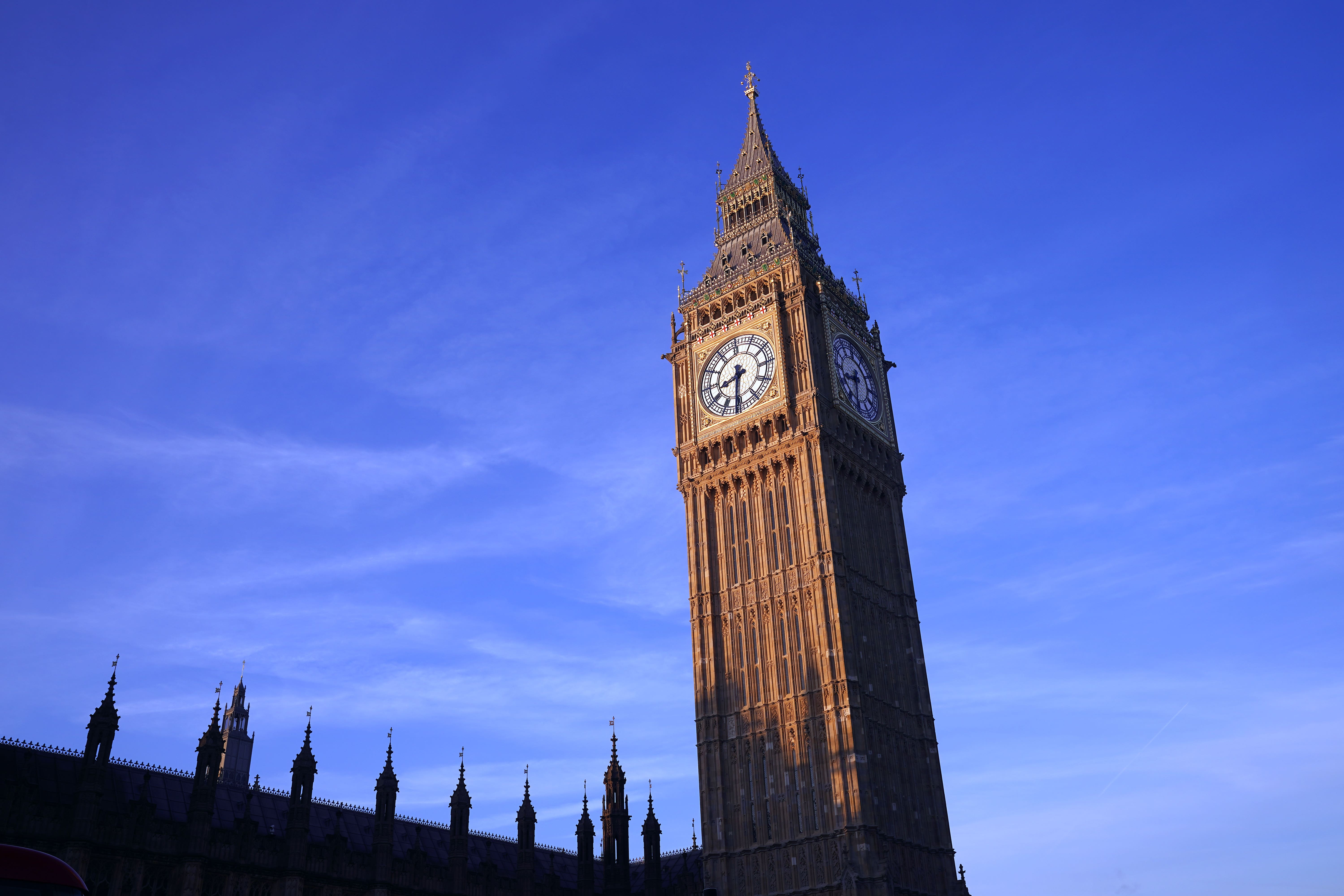MPs’ pay set to rise by 2.9% from April
The rise will take their overall salary from £84,144 to £86,584.

Your support helps us to tell the story
From reproductive rights to climate change to Big Tech, The Independent is on the ground when the story is developing. Whether it's investigating the financials of Elon Musk's pro-Trump PAC or producing our latest documentary, 'The A Word', which shines a light on the American women fighting for reproductive rights, we know how important it is to parse out the facts from the messaging.
At such a critical moment in US history, we need reporters on the ground. Your donation allows us to keep sending journalists to speak to both sides of the story.
The Independent is trusted by Americans across the entire political spectrum. And unlike many other quality news outlets, we choose not to lock Americans out of our reporting and analysis with paywalls. We believe quality journalism should be available to everyone, paid for by those who can afford it.
Your support makes all the difference.MPs are set to get a 2.9% pay increase from April, bringing the overall salary from £84,144 to £86,584.
The Independent Parliamentary Standards Authority, which sets pay for MPs, confirmed the rise will take effect from April 1. It said that the increase would be the same as the average rise for public sector workers last year.
The salary increase for MPs comes as households across the country grapple with cost-of-living pressures, with the Government also facing a wave of industrial action by nurses, railway workers, teachers and others as part of ongoing disputes over pay.
Serving as an MP should not be the preserve of those wealthy enough to fund it themselves
Richard Lloyd, Ipsa’s chairman, said: “In confirming MPs’ pay for next year, we have once again considered very carefully the extremely difficult economic circumstances, the Government’s evolving approach to public sector pay in the light of forecasted rates of inflation, and the principle that MPs’ pay should be reflective of their responsibility in our democracy.
“Our aim is to ensure that pay is fair for MPs, regardless of their financial circumstances, to support the most diverse of parliaments.
“Serving as an MP should not be the preserve of those wealthy enough to fund it themselves. It is important for our democracy that people from any background should see representing their communities in Parliament as a possibility.”
Ipsa was created in 2009, largely as a response to the MPs’ expenses scandal, in a bid to make the payments more transparent and reach independent decisions on salaries.